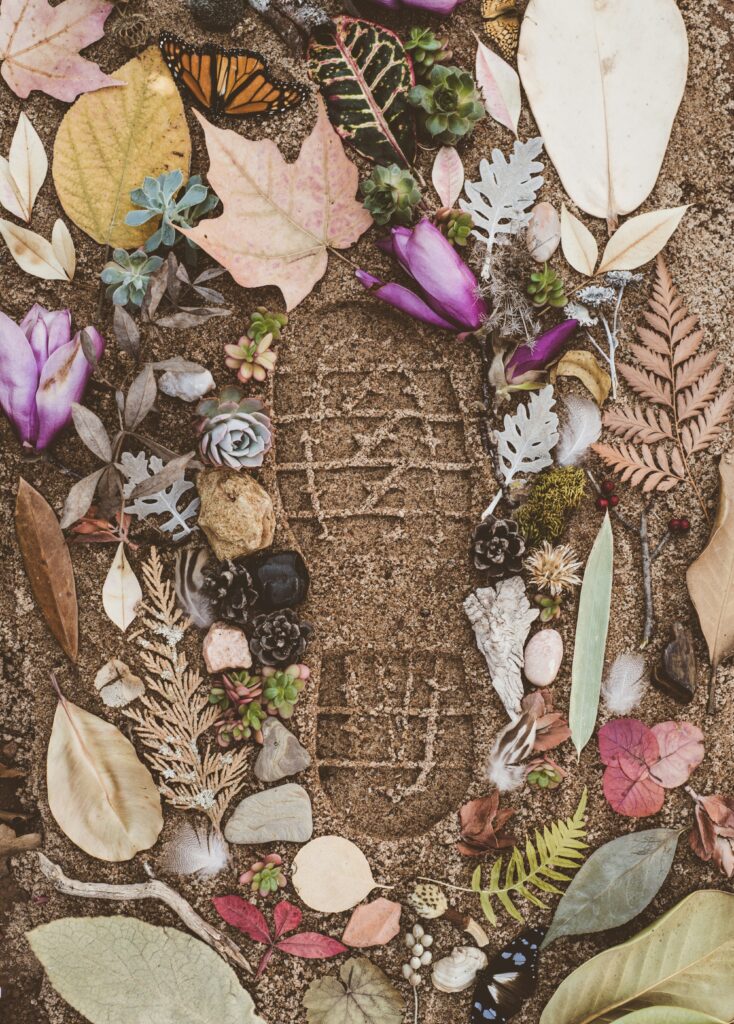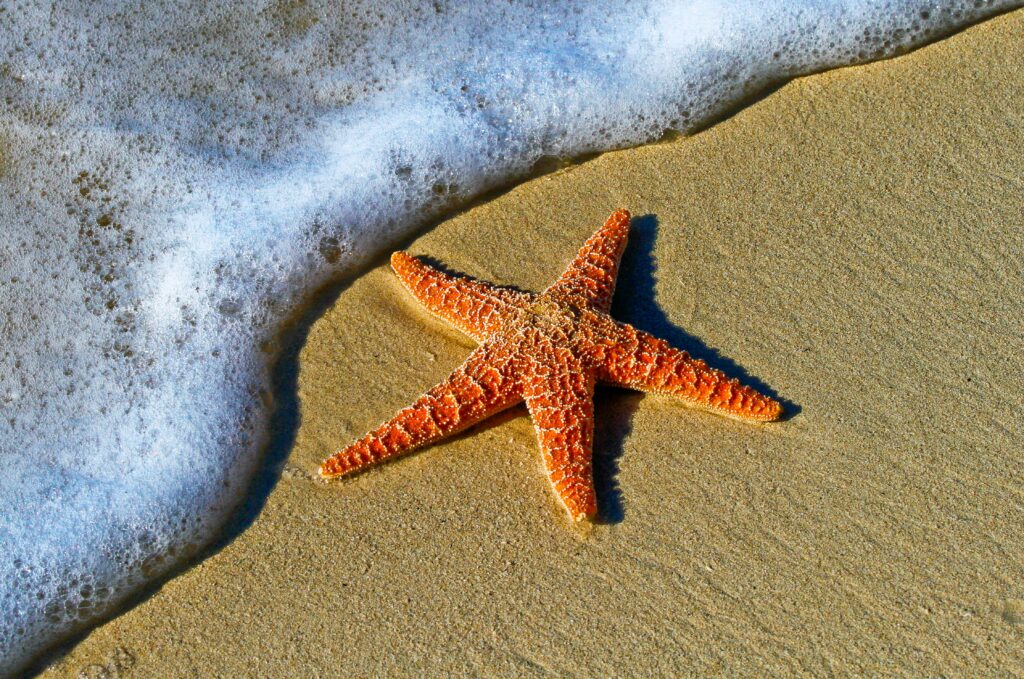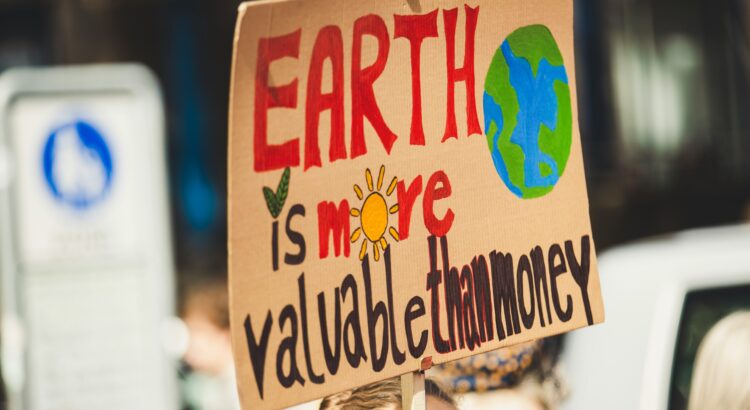Strive for progress, not perfection.
When I’m buying a product, I take three things into consideration. In order of importance: health/safety, sustainability, adoption. These may be in a different order for you. For example, a lot of blankets and rugs are made out of recycled plastic. That’s awesome for sustainability, but for health, it’s not as great. “Adoption,” in this case, means how easy it is for me to incorporate this into my life. I’m pretty good at learning new habits if it means contributing to the greater good, but for some people this is more difficult. Research and see what works for you.
Health/safety: In terms of health/safety, there are two certifications that really stand out. They’re called GOTS and Oeko-Tex. GOTS is more strict but Oeko-Tex is a close second. These are two good explanations. The articles relate to rugs but the standards are the same for all products with these labels: https://begood.eco/sustainable-fashion/gots-vs-oeko-tex-whats-the-difference/
It’s important NOT to take a company’s word for it if they say they have a certification. Go onto the GOTS and Oeko-Tex websites to make sure.
Now, there are a few products that I recommend that do NOT have these certifications. And that’s because I believe the products are safe/healthy and sustainable but the companies are smaller and can’t afford/don’t want to pay for the certifications.
Why are certifications important in the first place? If it says “100% cotton” then it’s just cotton, right? Well, then you have to think about all the pesticides and chemicals that were used to grow, process and create the fiber. Plus all the chemicals for the dyes. And all the other crap that goes into making fabric that I don’t know about because I don’t have a degree in this kind of thing. Then there’s the issue of how the workers are treated, and how the land is treated, etc. These certifications mean we can worry less. There’s always going to be more research to do, but this is the very best of what we have right now.
Sustainability: As a first pass at sustainability, I tried to avoid products that were packaged in plastic. Then I looked at certifications. There are a LOT of certifications and many of them don’t mean much. The GOTS certification explained above really takes care of most of these concerns for anything fabric related. For other stuff, like paper products, I paid close attention to Forest Stewardship Council and Rainforest Alliance certifications. Basically, it means that forests aren’t being clear-cut to create the product you’re buying, no child labor, companies aren’t being jerks to the local community, etc. etc. nuance, etc. (check out the certifications’ websites to make sure brands are actually certified before buying.) https://wwf.panda.org/es/?219250/Remarkable-social-progress-when-forests-are-FSC-certified—new-study-confirms One caution, though, is that a recent lawsuit alleges that the RA isn’t actually doing its job: https://www.sierraclub.org/sierra/rainforest-alliance-and-hershey-chocolate-sued-falsely-claiming-fair-labor-and-sustainability So be skeptical. And remember that sustainability also includes the safety and wellbeing of the people working for the companies and whether they’re paid a fair wage.

Carbon footprint: When it came to buying products I was going to use for many years, I wasn’t as concerned about the carbon footprint of shipping. However, for products like toilet paper etc., that I go through frequently, I wanted a distributor closer to home. These recs are all based on my location on the East Coast of the USA. There are other great options out there if you’re in Europe or Australia or New Zealand.
Extra credit: Remember to thrift and buy second hand as much as possible! Don’t throw out the stuff you already have. Just make good choices when you go get new stuff.
Word choice: I use the word “chemicals” in mainly a negative context. I know that everything is a chemical—water is a chemical. Chemicals can be awesome. They save lives. We couldn’t live without them! I probably could be more creative but because this is already way longer than I expected, you’ll just have to excuse my broad brush. I also use a lot of “should” and “should not.” These are blanket statements, but they don’t apply to everyone. For example, most people should not take 30 minute showers. It’s just not good for the environment. But if you have something like, say, depression and a 30 min shower is what you need to do to get up in the morning then—you do you. You’re not a bad person for not doing ALL THE THINGS. Do what you can. Progress, not perfection.
Why you should trust my recs: I mean, always do your own research. I’m a health/science journalist so I’m good at reading studies and parsing info. But this isn’t an article. I’m only writing this up because I spend hours and hours researching before making a purchase. I often read dozens of sites and academic articles. I’m not gonna make this pretty or eloquent. It’s just an information dump. My hope is that I can save you some time.
Privilege: Remember that doing this kind of stuff takes privilege. If you have privilege, then you should go above and beyond to make changes. The idea is that your purchases can drive down costs and make healthy, sustainable products more easily accessible.
Money: “Wow, these things you’re recommending are way more expensive than stuff I can buy on Walmart/Amazon, etc.!!” Yep, think of how much extra work it takes to make a product safe and eco-friendly. It’s way easier to half-ass something and sell it than it is to put a lot of thought and care into a product.
Does it even matter?: Consider the starfish… http://jmjfund.org/wp-content/uploads/2014/03/Starfish_Parable.pdf

Kids and Fur Kids: This stuff is important for adults, but it’s even more important for your kids and fur kids. “A baby’s skin is thinner than an adult’s, and chemicals can be absorbed more easily. ‘In fact, my original research when I was a doctoral student was on agricultural workers and pesticide penetration through their clothing,’ she says. ‘And one of the things we found in those studies was that farmers would come in and they’d pick their kids up and hug them, and the farmer might not get pesticide poisoning but the child would because that pesticide would be on the garment.’ https://www.consumerreports.org/appliances/laundry/wash-new-clothes-before-wearing-them-for-the-first-time-a8763351216/
Health risk: You say that a lot of stuff isn’t healthy, but is that true for me specifically? Good question—I don’t know! I know that research shows that this stuff isn’t good for your body and it’s even worse for a kid’s body, but I can’t determine your individual risk. Only you and your doctor can do that.
Errors: What if I find an error? Or things you didn’t consider? WELL! You can always message me and NICELY give me additional info.
ARE YOU GETTING PAID FOR THIS?: I don’t get paid for any of my recommendations. I don’t get discounts or kickbacks or anything at all except a healthier home (which is wonderful!). If you find this helpful at all, think about how much time/effort/frustration was involved and consider Venmo-ing me as a thank you: @molliemakesitllc
Photo Credit: featured image, Markus Spiske/ footprint, Evie S./ starfish, Pedro Lastra
